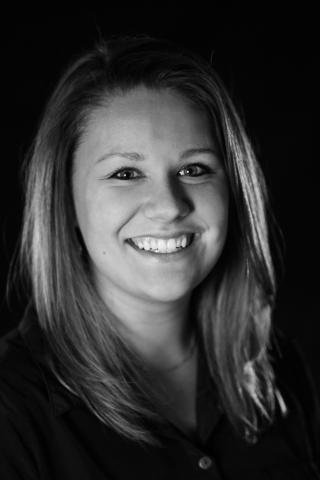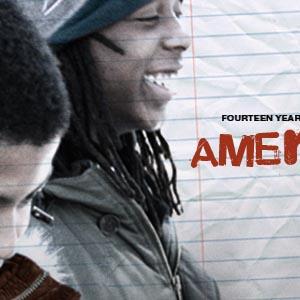
Jessica Breslin is the mobilizing assistant at Sojourners. Jessica is a native of Palatine, Ill., but most recently she joins us from Holland, Mich. Jessica is a graduate of Hope College where she studied psychology and sociology.
As mobilizing assistant, Jessica builds and maintains relationships with Sojourners’ networks and partnerships consisting of faith-leaders and mobilizers in the DC area and across the country. She aids in the development of resources used for grassroots movements and assists the director of mobilizing in helping to plan advocacy and legislative actions for the National Mobilizing Circle.
Jessica gained her mobilizing experience through the organization and cultivation of relationships among large student groups at Hope College, specifically through her outreach work in the Volunteer Services office. While at Hope, Jessica became interested in the intersection of faith and social concerns. She is passionate about social justice issues related to peace and poverty, mental health care, and mass incarceration.
You can follow Jessica on Twitter.
Posts By This Author
We Need to Talk About Mental Health
One in four individuals will suffer with a mental health issue in a given year — and that these statistics can often be our friends, family, or ourselves. After tragedies like what happened in Isla Vista and on Seattle Pacific’s campus, we listen to the voices of victims’ families and mourn with them as they share stories of their lost loved ones. But we ignore an even more painful story about the lives of the gunmen.
'If I Were White, I'd Be Better Off'
"I bet if I were white then I'd be better off … Isn’t that true?” - Idris
A 9-year-old African-American boy lay on the couch, rubbing his head, and told his dad that if he just went to another school, life would be better. If he were just white, life would be better. He clarified, “I’m not saying I want to … but isn’t that right? That’s what everyone else is saying.”
When a 9-year-old boy can see the sad reality of white privilege and understand that the color of your skin is what defines you in our society, we have a serious problem. We can talk about the progress we have made to move civil rights forward over the past 50 years, and many in my generation are grateful for this movement, but we have a long, long way to go.
According to the Black Boys Report, the high school graduation rate for black males is at 52 percent, while white students graduate at a rate of 78 percent. As a nation, we are proud of our success and power, yet our education statistics do not predict the kind of achievement that we expect for the future of our society. In the midst of a major demographics shift, our nation can no longer afford to accept the growing education gap that has become normative in recent years.
American Promise is a documentary following the lives of two African-American boys from kindergarten through high school. The boys attend Dalton, a private school in the upper east side of Manhattan. As Idris and Seun make their way through years of schooling, the film chronicles the truths of our education system and the lack of social and emotional support offered to students of color in America’s schools. The filmmakers, Michèle Stephenson and Joe Brewster, are the parents of Idris. Through their son’s journey, the hardships of being an African-American boy growing up in today’s society are documented, and struggles of parenting are examined through an entirely new lens.
Remembering Our True Source of Joy
As we prepare for the coming of Christ, the third Sunday of advent is celebrated in joy. As followers of Christ, it is reasonable to be exuberant about the birth of our Savior. The amount of happiness that can seep from the soul in response to a virgin birth, a perfect baby boy, and an adorable scene of livestock and shepherds befriending God’s family is immeasurable. Christmas music, Christmas decorations, and yes, even Christmas presents add to the joy and never fail to put a smile on my face.
This past weekend, as I tried to reflect on what it means to be joyful in Christ, my heart was temporarily hardened as I attended a Reentry Arts & Information Fair for returning citizens. I helped host a table for Becoming Church and their Why We Can’t Wait initiative.
Congress, Please.
I live in community. What constitutes living in community means different things depending on whom you're talking to. To my 80-year-old grandmother it means that I have joined a cult. In reality, I live with my 10 fellow interns.
Together, we are all learning what it means to live and function as a cohort, how to pour the love of Christ into one another, and how to borrow strength from friends when we need it most. This includes sharing a home, sharing a budget, and sharing the last bit of ice cream that is left in the freezer.
A few nights ago during dinner sharp demands bounced from person to person. Many of our simple requests were stated as demands. Of course, when feeding 10 hungry people there is understandably a bit of an urgency to get food. But, there were no pleases and very few thank-yous.



